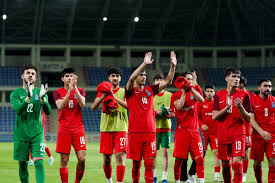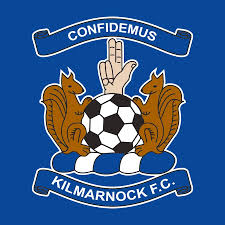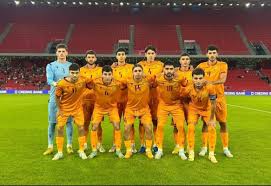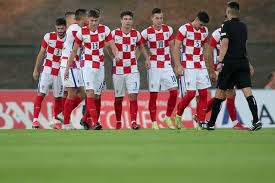
FIFA Fair Play Award
The FIFA Fair Play Award is a prestigious honor recognizing exemplary conduct and sportsmanship in the world of football. As one of the core values upon which the game rests, fair play serves not only as a guideline for players and teams but also as a fundamental principle that transcends mere competition. This award stands as a testament to those who exemplify integrity, respect, and equality on the pitch, illustrating that victory can be achieved with honor RR88.
In this article, we will delve deep into the significance of the FIFA Fair Play Award, its history, criteria, and some memorable instances where it was awarded. We will explore how promoting fair play can have a lasting impact on players, coaches, and fans alike. Furthermore, we will analyze the importance of sportsmanship beyond the realm of football, considering its wider implications in society.
The Evolution of the FIFA Fair Play Award
The journey of the FIFA Fair Play Award reflects the changing dynamics of football and the increasing emphasis on ethical behavior within the sport.
Historical Context of Fair Play in Football
Football has always been a game steeped in tradition, with rules evolving over the decades to ensure fairness and respect among players. In the early years of the 20th century, the concept of fair play was primarily focused on the adherence to game rules. However, as the sport grew and began to attract global attention, issues such as unsportsmanlike behavior, racism, and violence surfaced, leading to an urgent need for a structured approach to promote integrity.
FIFA recognized this pressing requirement, and in 1994, during the World Cup held in the United States, the organization introduced the Fair Play Award. Initially, it aimed to commend teams exhibiting outstanding sportsmanship throughout the tournament. This marked a significant turning point in acknowledging that fair play extended beyond just winning games; it matured into an ethos that celebrates camaraderie, understanding, and respect among competitors.
Criteria for Assessment
The FIFA Fair Play Award relies on specific criteria to evaluate candidates accurately. These criteria encompass various factors that reflect the level of sportsmanship demonstrated during a tournament, including:
- Respect for Opponents and Officials: This criterion examines how players treat their opponents, referees, and match officials. A team that respects decisions made on the field demonstrates a commitment to fair play.
- Adherence to Rules and Regulations: Teams that follow the laws of the game and refrain from engaging in foul play or unsportsmanlike behavior are more likely to be considered for the award.
- Positive Attitude: A positive demeanor on and off the pitch contributes significantly to the spirit of fair play. Teams that support each other and promote a congenial atmosphere are often viewed favorably.
- Community Engagement: Teams that engage in community activities, such as charity events or initiatives promoting youth participation in sports, demonstrate their commitment to societal values, earning them recognition under this category.
These criteria form the backbone of the assessment process, ensuring that the award genuinely reflects the spirit of sportsmanship, rather than just the performance in matches.
Notable Recipients Over the Years
Throughout its history, the FIFA Fair Play Award has celebrated numerous teams and individuals who have exhibited outstanding sportsmanship. One notable recipient was the fair play committee of the 2010 FIFA World Cup, which recognized the efforts made by the Japanese national team, who were commended for their humility and grace after being eliminated from the tournament. Their behavior resonated with millions worldwide, showcasing how even in defeat, dignity prevails.
Another exceptional example is the 2004 European Championship, where Greece won the Fair Play Award despite becoming champions. Their commitment to playing within the spirit of the game, along with their respect for all opponents, secured their place in history not just as winners, but as true ambassadors of fair play.






https://www.goodreads.com/user/show/191174935-perez-kaden
I apologise, but, in my opinion, you are not right. I am assured. Let’s discuss it. Write to me in PM.
воронетки
c25j0t